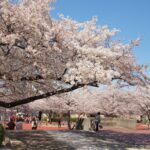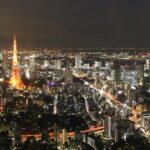Japan’s tourism industry has been free falling since the March 11 disasters, started by a massive earthquake and continued by the nuclear devastation lurking around Fukushima. Giving tourists a sense of safety when traveling to Japan is something quite hard to achieve. But a Hong Kong travel company has already gotten an idea of how to make Japan vacations appealing again – while the aftershocks are still taking their toll on Japan, they are offering earthquake refunds if any quakes measuring 6.0-magnitude or higher happens during their clients’ trip.
The Hong Kong travel agency, EGL Tours, was among the first to resume trips to Japan, yet to a reduced number of destinations within the country. Although the situation is currently much better, the ongoing aftershocks are still scaring many tourists away from Japan and direct them to destinations they perceive as safer. To counter the fears of client travelers, EGL announced it will compensate travelers if an unwanted earthquake of at minimum 6.0 magnitude is forcefully included in their travel package. The unusual business tactic has been also announced and promoted by the Japan Travel Agency, part of the Ministry of Economy, Trade and Industry, as part of their efforts to revive Japan tourism.
According to Kosuke Akimoto, JTA official overseeing inbound tourism from Hong Kong, the quake refunds are an important step towards proving Japan is actually a safe destination to visit.
The Japan Realtime blog, part of the Wall Street Journal blog network, has stated EGL might not have had the brightest idea, as a website tracking aftershocks stated there have been over 1,000 such occurrences across Japan since the initial earthquake in March. Fortunately, only 56 were of a high enough magnitude to require payments from the Hong Kong travel agency, and only one of then happened in the past week. Plus, EGL Tours is currently providing tours to the safest vacation destinations in Japan, such as Okinawa, which is 1000 kilometers away from Fukushima, or Osaka, a destination that has been also picked by Tokyo businesses as temporary retreat location to keep them safe from the Tokyo aftershocks and the lurking nuclear disaster.
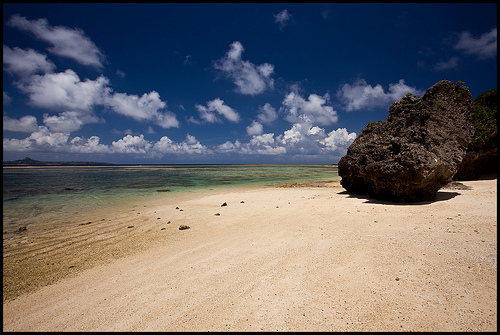
Okinawa, Japan
According to JTA data, 63 Hong Kong tourists visited Okinawa during the past weekend, the first group trip in the area. Another 8 traveled to Hokkaido, but through a different Hong Kong travel agency. Japan National Tourism Organization last week. It’s a dour turn from promising signs after the promotion campaign to kick up tourism in recent years as the country looked to cash in on travel-hungry Asian neighbors to boost the sluggish economy. One of the sharpest annual drops came from Hong Kong: a 61% decline to 14,100 visitors compared to March 2010.
While promoting Japan as a safe destination would be a real treasure for all tourism boosting programs, Japanese authorities are still distancing themselves from such a claim:
“We are extremely aware of the importance of emphasizing the safety of Japan. It would make a strong impact if the government declared it’s safe, but that is something they have to proceed with caution and are not able to state at this stage,” said Mr. Akimoto.

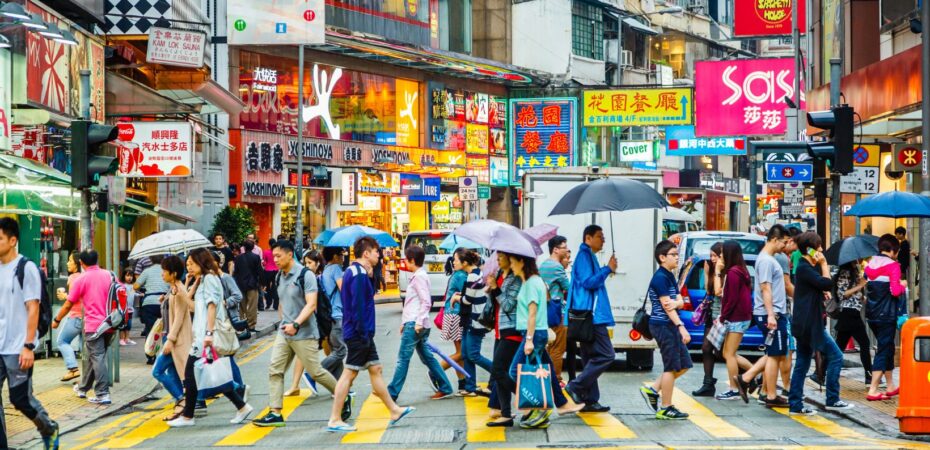
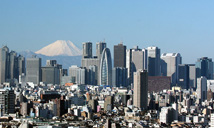
 By
By 